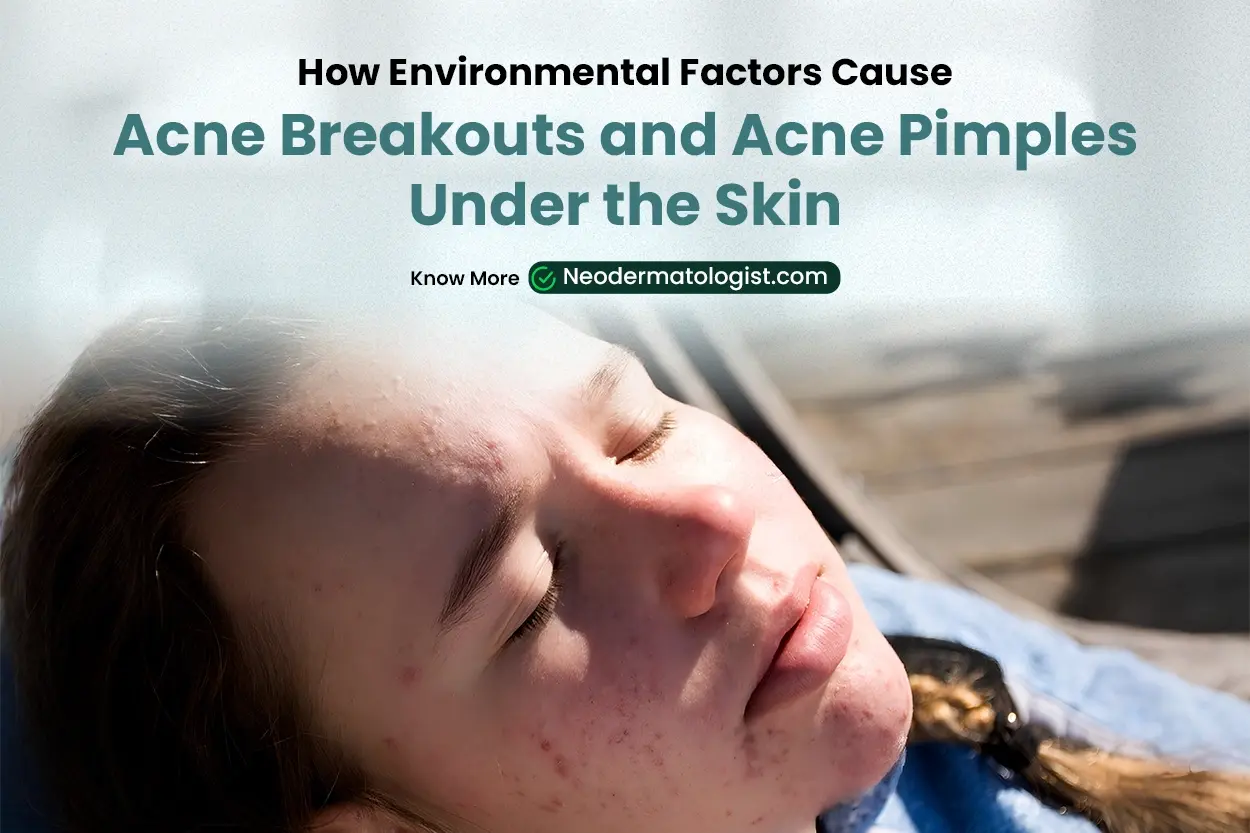
Exploring How Environmental Factors Cause Acne Breakouts Throughout the Year
Introduction
Acne breakouts can be both emotionally frustrating and physically uncomfortable, especially when they appear suddenly before special occasions like Diwali festivities, weddings, or winter holidays. While most people blame hormones, diet, or stress, environmental factors around you could also be silently triggering those acne pimples under the skin.
From pollution and humidity to seasonal changes and temperature variations, your surroundings have a deeper impact on your skin health than you might think. The good news? Once you understand what causes acne breakouts, you can manage them better with the right skincare routine and get an online dermatologist consultation for acne or pimples.
Hello everyone! I’m Dr. Ruchir Shah, a dermatologist with a special interest in tele-dermatology.
In this comprehensive guide, let’s explore how environmental conditions throughout the year affect acne - and how to avoid breakouts on the face by adjusting your skincare to every season.
1. How Your Environment Influences Acne Formation
Your skin acts as a protective barrier against dust, UV rays, and pollution. But constant exposure to these stressors can lead to:
- Excess oil (sebum) production
- Clogged pores
- Inflammation
- Bacterial growth
When these factors combine, they form the perfect environment that causes acne breakouts, including whiteheads, blackheads, papules, and acne pimples under the skin.
Click here to know more about the - Types of Pimples (Zits) and How to Treat Them - Best Treatment From a Dermatologist.
2. Pollution: The Hidden Enemy Behind Urban Acne
Urban pollution - especially during festive months - can worsen acne by clogging pores. Tiny pollutants like PM2.5 and nitrogen dioxide settle on your skin, disrupting its natural barrier.
Over time, pollution exposure leads to:
- Dull, oily skin
- Premature aging
- Increased acne and blackheads
Dermatologist Tip:
- Cleanse your face twice daily with a gentle cleanser.
- After outdoor exposure, use micellar water or an antioxidant toner.
- Apply sunscreen (SPF 30+) daily to prevent inflammation.
(This not only protects your skin from pollution damage but also helps you understand how to avoid breakouts on face effectively.)
3. The Sun and UV Rays: Friend or Foe?
Although sunlight seems to dry out acne temporarily, prolonged exposure can actually cause acne breakouts. UV rays increase dead skin buildup, trapping oil and bacteria beneath the surface and worsening acne pimples under the skin.
Dermatologist-Recommended Practices:
- Use non-comedogenic, oil-free sunscreens.
- Avoid direct sunlight between 10 AM and 4 PM.
- Always double-cleanse after outdoor activities.
4. Temperature Fluctuations and Acne
- Changes in weather - whether hot or cold - directly impact acne.
- In Hot and Humid Weather: Sweat mixes with sebum, blocking pores and leading to acne pimples under the skin.
- In Cold and Dry Weather: Low humidity causes dryness, which triggers excess oil production, one of the leading factors that cause acne breakouts during winter.
Dermatologist Advice:
- Use gel-based moisturizers in summer.
- Apply hydrating creams in winter.
- Gently exfoliate once or twice weekly.
5. The Role of Water Quality in Acne Breakouts
Hard water with high chlorine or minerals can irritate the skin and disrupt its pH balance - another subtle factor that causes acne breakouts over time.
Quick Fix:
- Use filtered or distilled water to wash your face.
- Follow up with a hydrating toner to restore balance.
6. Indoor Air Quality: The Unseen Acne Aggravator
Indoor dust, mold, and pet dander can irritate pores and lead to acne pimples under the skin. Poor ventilation increases humidity and bacteria buildup, especially in closed spaces.
Dermatologist-Approved Steps:
- Use an air purifier.
- Change pillowcases twice a week.
- Avoid touching your face frequently.
7. Humidity and Sweat: A Breeding Ground for Breakouts
Humidity increases during monsoon and festivals, trapping sweat and oil that cause acne breakouts on the forehead, back, and chest.
Preventive Tips:
- Shower after sweating or workouts.
- Use salicylic acid-based body washes.
- Wear breathable fabrics.
These simple steps help you understand how to avoid breakouts on face and body even in humid climates.
8. Stress and Sleep: The Silent Skin Saboteurs
Festive stress and late nights elevate cortisol levels, increasing oil production and acne pimples under the skin.
Dermatologist Advice:
- Sleep 7–8 hours daily.
- Practice relaxation techniques.
- Avoid sugary and oily foods late at night.
9. Skincare & Diet During Diwali and Festive Months
Diwali brings sweets, makeup, and pollution - all of which cause acne breakouts if ignored.
Festive Routine:
- Remove makeup before bed.
- Use light moisturizers.
- Stay hydrated and eat fresh fruits.
These small habits go a long way in showing how to avoid breakouts on face during festivities.
Click here to know the more about the - Pimple Causing Foods: Can Mangoes, Oily Foods, or Sugar in Your Diet Trigger Acne Breakouts?
When to Consult a Dermatologist Online For Acne Treatment
If acne persists, consult a dermatologist online. Persistent acne pimples under the skin or painful cysts often require prescription treatments.
At NeoDermatologist, our experts use AI-based analysis to identify what causes acne breakouts in your environment and create personalized skincare plans that teach you how to avoid breakouts on face year-round.
Conclusion
Your environment plays a crucial role in what causes acne breakouts throughout the year. Whether it’s winter dryness, Diwali pollution, or summer humidity, the key lies in adjusting your skincare and knowing how to avoid breakouts on face effectively.
So, this festive season, let your skin glow as bright as the lights around you - protected, nourished, and acne-free. And if stubborn acne pimples under the skin continue, an online dermatologist consultation at NeoDermatologist is just a click away.
Other Online Dermatologist Skin & Hair Services
If you are dealing not only with acne but also other skin or hair concerns, our online services include:
- Dandruff and scalp treatments
- General skin consultations
- Ringworm treatment
- Hair loss treatment
- Inner Part Itching Treatment
We also provide care for serious dermatological conditions such as:
- Eczema Treatment Online
- Scalp & Plaque Psoriasis Treatment Online
- Scabies Treatment Online
- Urticaria / Hives Online
- Vitiligo / White Patch Disease Treatment Online
With our online dermatologist consultations, you can get expert advice and personalized treatment plans without ever visiting a clinic.
Why Choose NeoDermatologist for Acne Treatment & Skin Care?
If you’re wondering what causes acne breakouts or how to manage acne effectively, don’t wait. Our online dermatology consultation services offer:
- Accurate diagnosis and customized treatment plans
- Safe and private consultations from home
- Expert guidance on managing acne pimples under the skin
- Affordable, convenient, and timely solutions
- Noticeable results in just a few weeks
Your skin deserves the best care - start your personalized acne treatment today.
AI-Powered Support with SkinMate: Our SkinMate - AI Dermatology Nurse helps collect your case history, identifies possible environmental triggers, and instantly books your online acne consultation with a dermatologist.
Are you struggling with acne caused by seasonal changes, pollution, or humidity?
Get an immediate online consultation from a trusted dermatologist via WhatsApp with SkinMate - fully AI-driven, reliable, and easy to use.
Explore More Blogs Related To Acne Treatment
- How to Treat Pimples Permanently: Types, Treatments & Procedures - Everything You Need to Know
- Stress Causes Pimples or Acne - Get Online Stress Pimples Or Breakout Treatment from Expert Dermatologists
Thank You.
M.B., D.V.D. | Registration No.: G-41460
A dermatologist specializing in tele-dermatology, offering expert care for skin, hair, and nail concerns. With extensive clinical experience, provides effective treatments for acne, hair fall, eczema, vitiligo, hives, scalp issues, ringworm, fungal infections, and more - all accessible through convenient online consultations.
 Hin
Hin En
En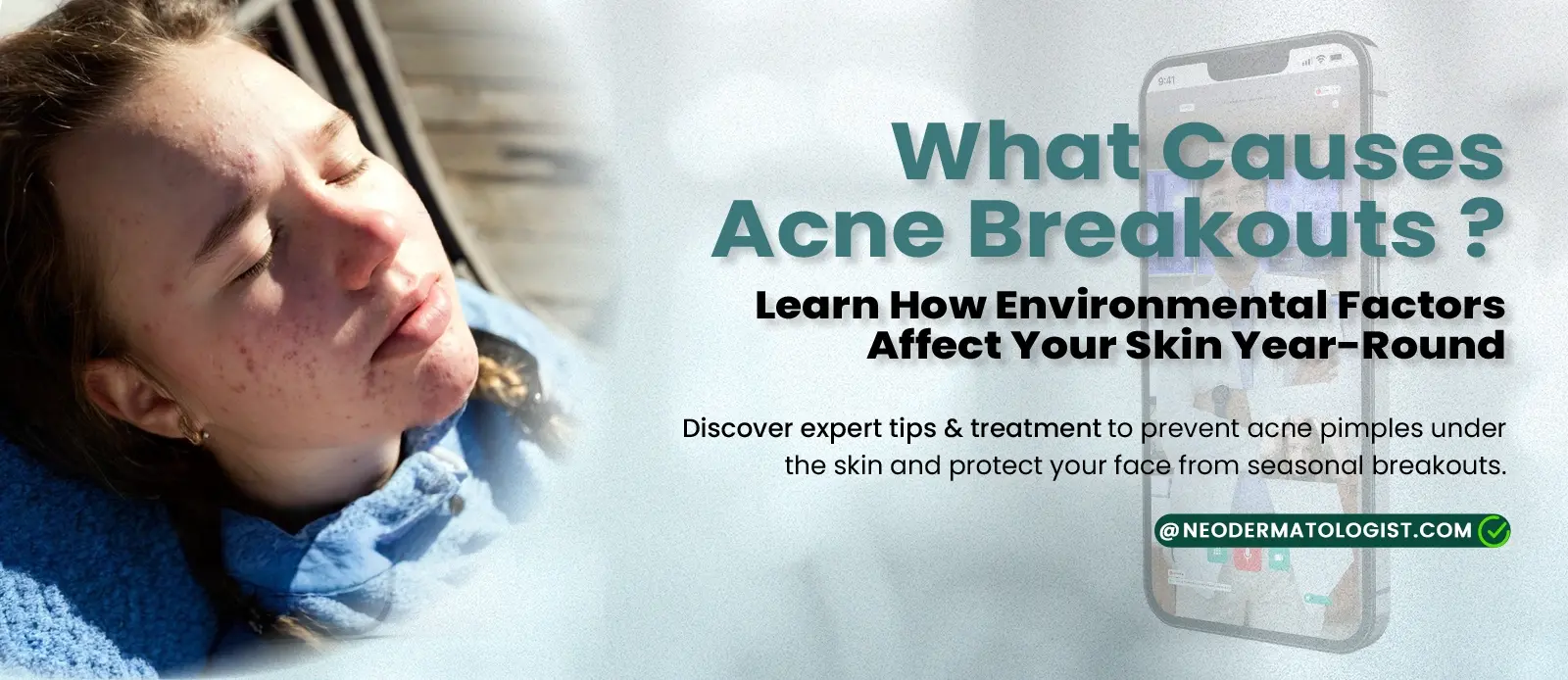
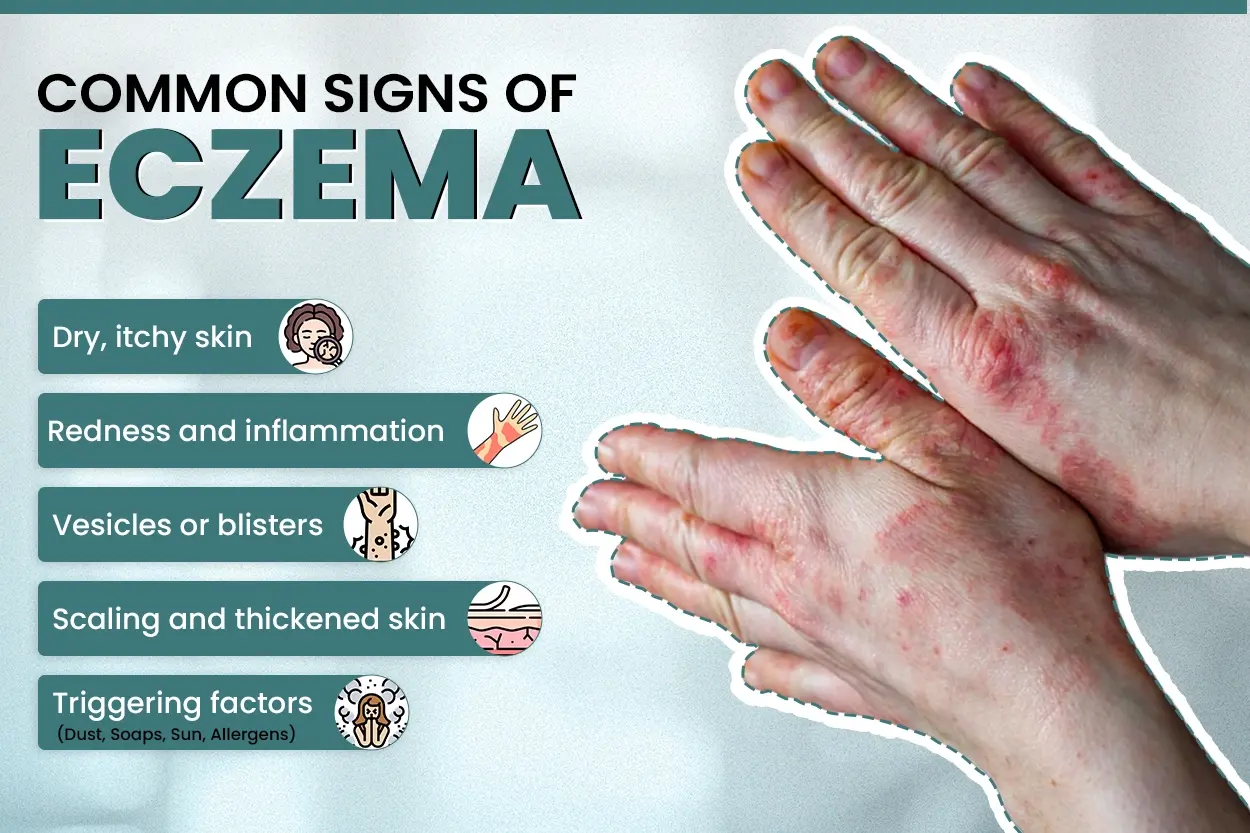

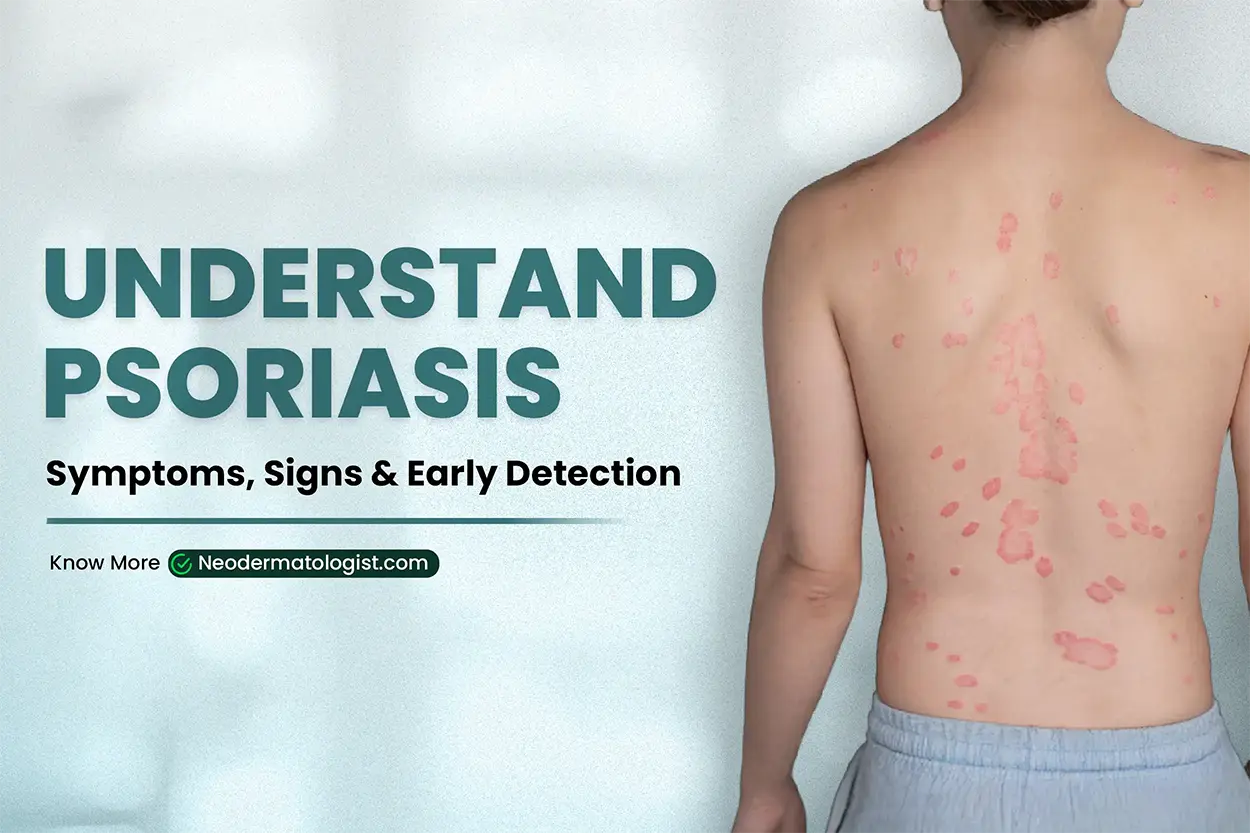
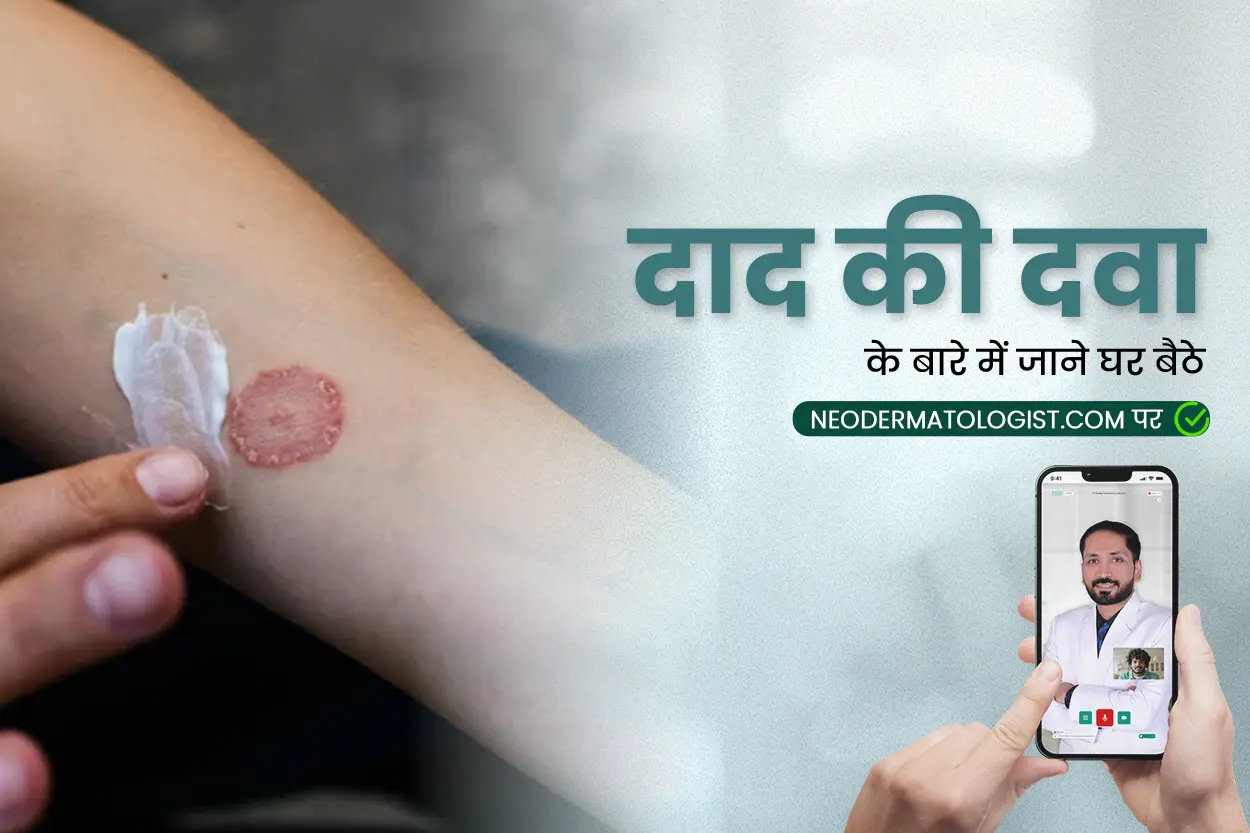
















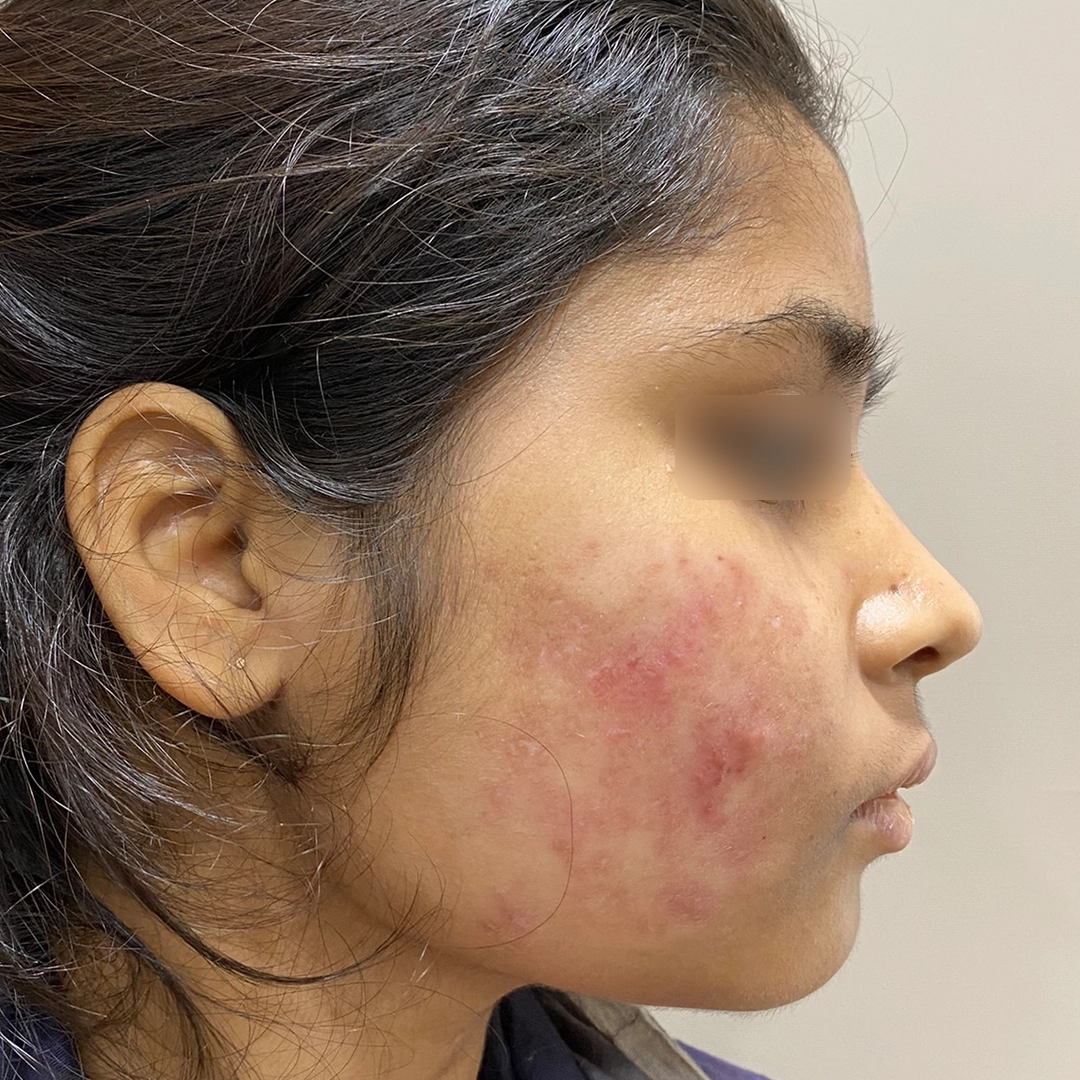
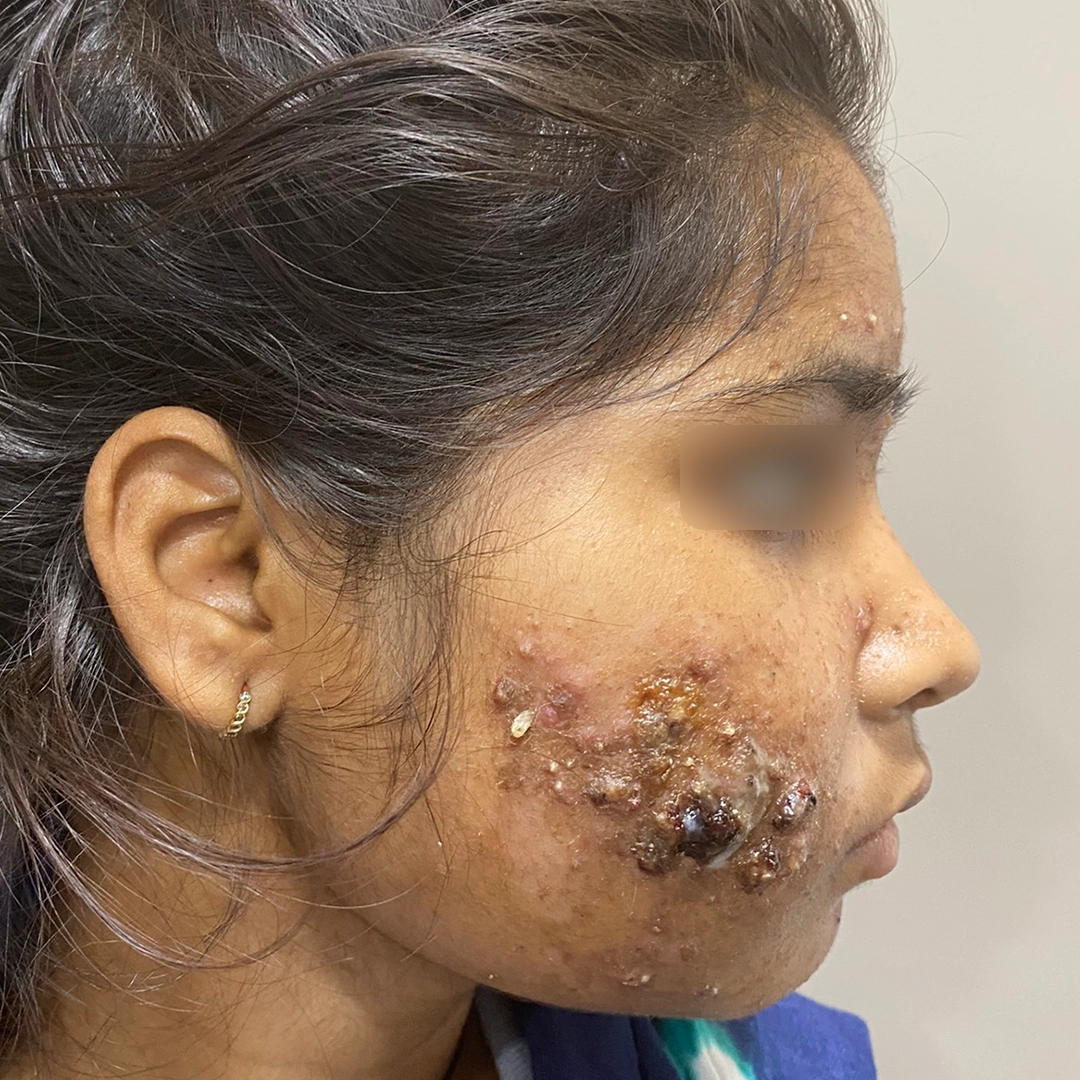



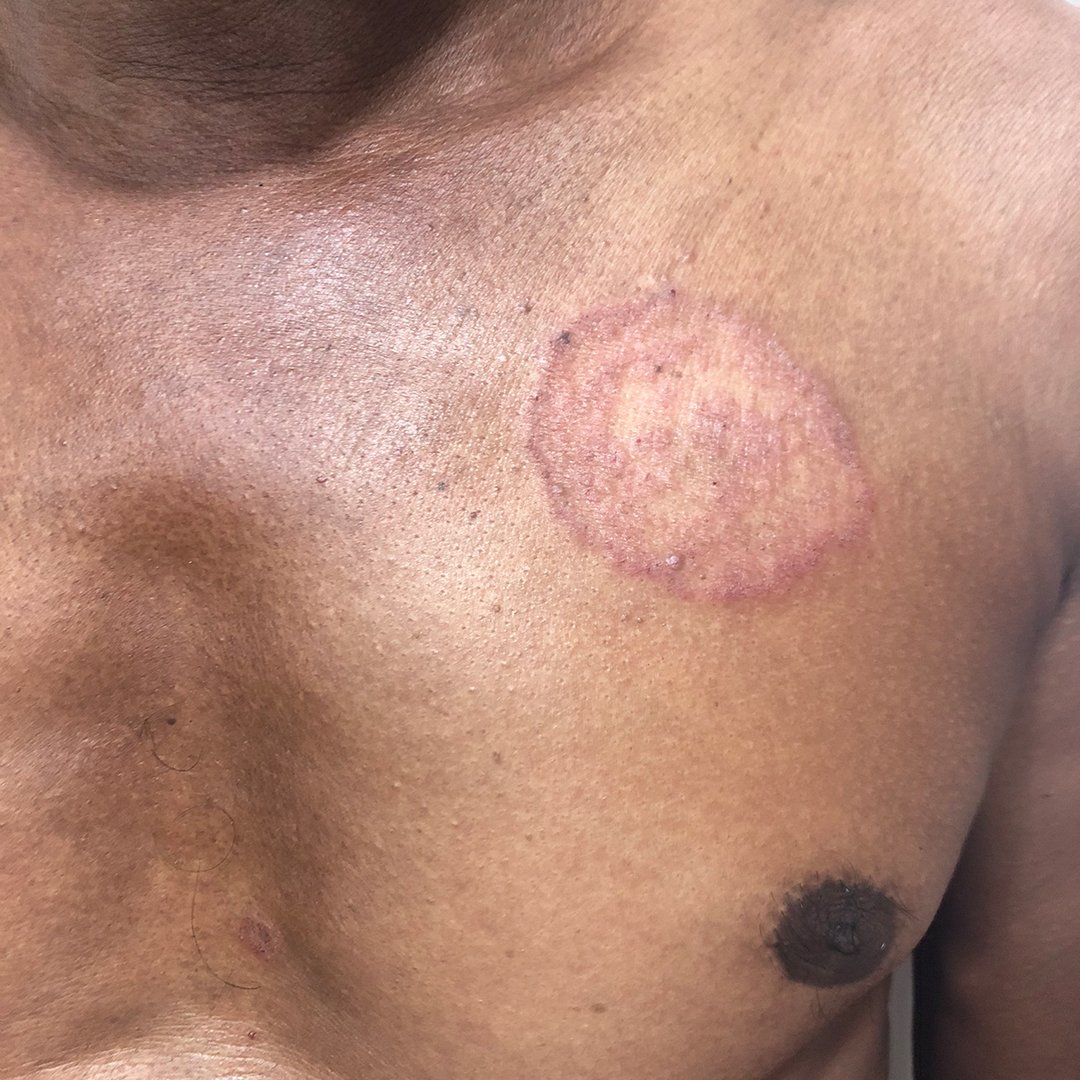
Comments
Maya Choksi
Wah, ye blog bahut informative tha! Ab samajh aaya ki pollution, humidity aur sunlight jaise environmental factors pimples hone ka main reason ho sakte hain. Dermatologist ke tips bhi kaafi useful lage - definitely try karungi. Thanks for sharing.
Naishal Doshi
Great read! I’ve been struggling with acne pimples under the skin, especially when the weather changes. After going through this NeoDermatologist blog, I finally know how humidity and pollution can make things worse. Planning to book an online consultation soon!
Post a comment